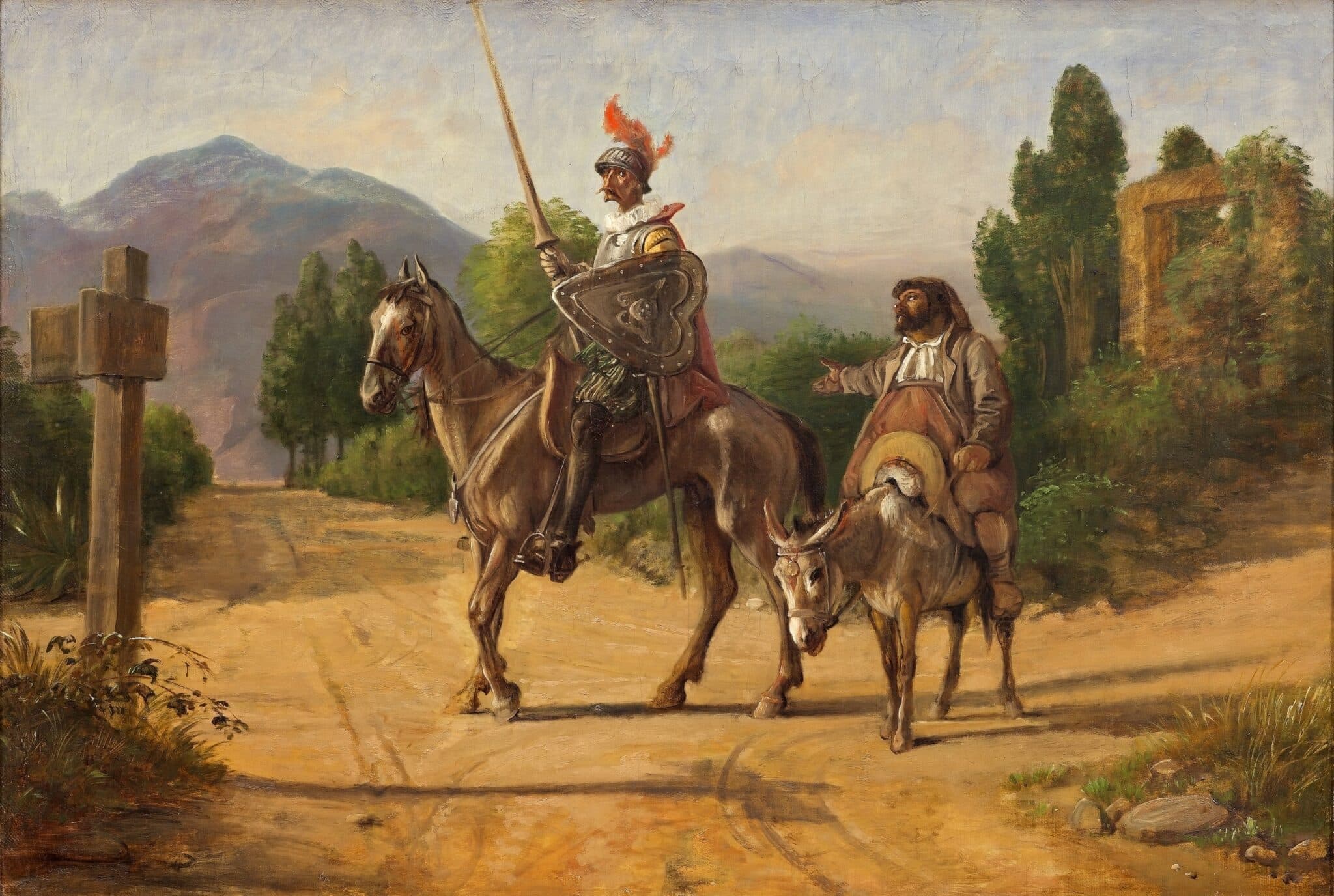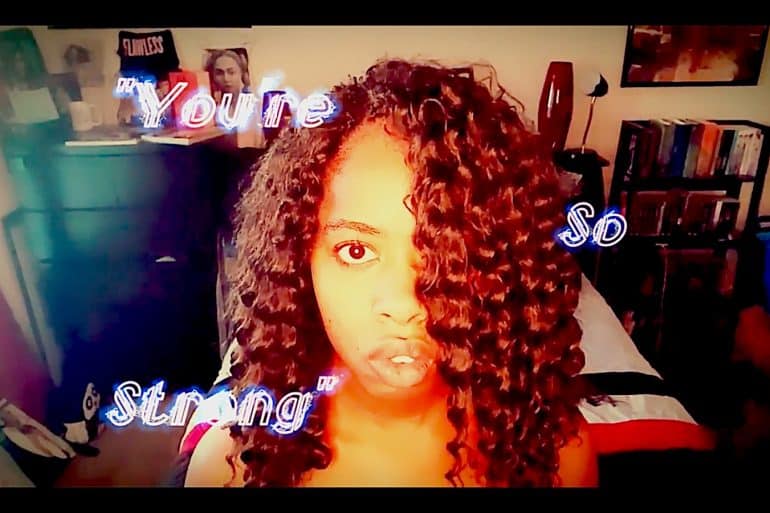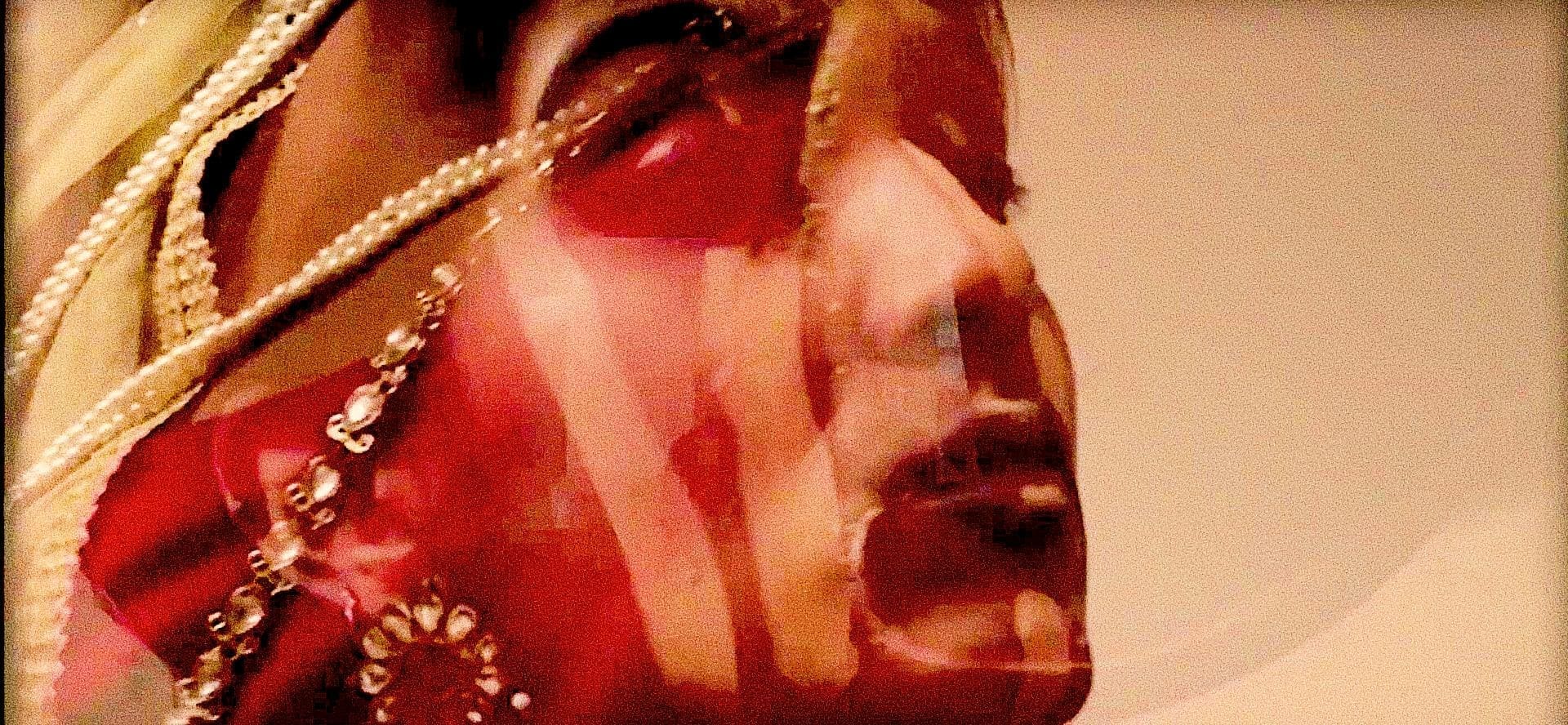"I had no idea what the repercussions would be should I disclose my identity to my students. Would I be fired? Would I be questioned? Would I be told not to talk of such things? This reticence is a sad reflection on my internalized homophobia, my being still uncomfortable enough with my identity such that I had to worry about keeping it secret."
"Ami Tau Ami (I Am Who I Am), is a story about a mother letting go of her own dreams but passing it to her daughter, as my mother did for me."
I pay homage to Nina Simone’s already iconic and thorough exploration of stereotypes by setting the project to the song “Four Women.”
”I still aim to engage in the process of life, commit to a meaningful purpose, and structure my life around an intrinsically satisfying activity. For me, I will continue writing as a way to make sense of what it means to be alive.”
Autoethnographic Literary Nonfiction: I Just Want to Go Home – Moving, Loss and Unacknowledged Grief
"Moving away from a beloved home at a tender age was traumatizing, in part, because that home was the only place in which I felt safe."
"My stories are meant to give women from Bangladesh a chance to show their strength and resilience. It is a way for me to try to connect with the rest of the world despite the differences in language and culture."
"At what age does a Black woman learn that it is her job to be strong?"
"It is in finding these solutions, the tape and the glue that holds us all together, that we find the beauty of who we are as people."
"Because I was so immersed in both history, bound in good-smelling leather, no less, and in beautiful and evocative little bottles around me as playthings, I guess it needed no further prompting. It was within my blood before I could think about what I wanted to do with my life!"
”I share this artistic piece as an invitation to problematise and think further about not only the Autoethnographic “I/We” in what I/we can know about ourselves and our bodies but also to make space for the incoherence that becomes a part of “being” and “knowing” in explorations of fragmentation and loss.”
"As fragrance, and perfume in particular, has played a major role in the shaping of my writer’s voice, and participation in cultures of fragrance has had a major impact upon my identity, it is impossible to situate myself outside of these cultures. It is because of this privilege of “insider identity” within the global fragrance community and my natural inclination towards narrative research that I turned to autoethnography."
"When I was first accepted into the PhD by research program in the UK, I had mixed feelings, mainly because I was about to pursue a career that I didn’t have the heart for, and partially because I would need to explore yet another new culture, country, and environment."














